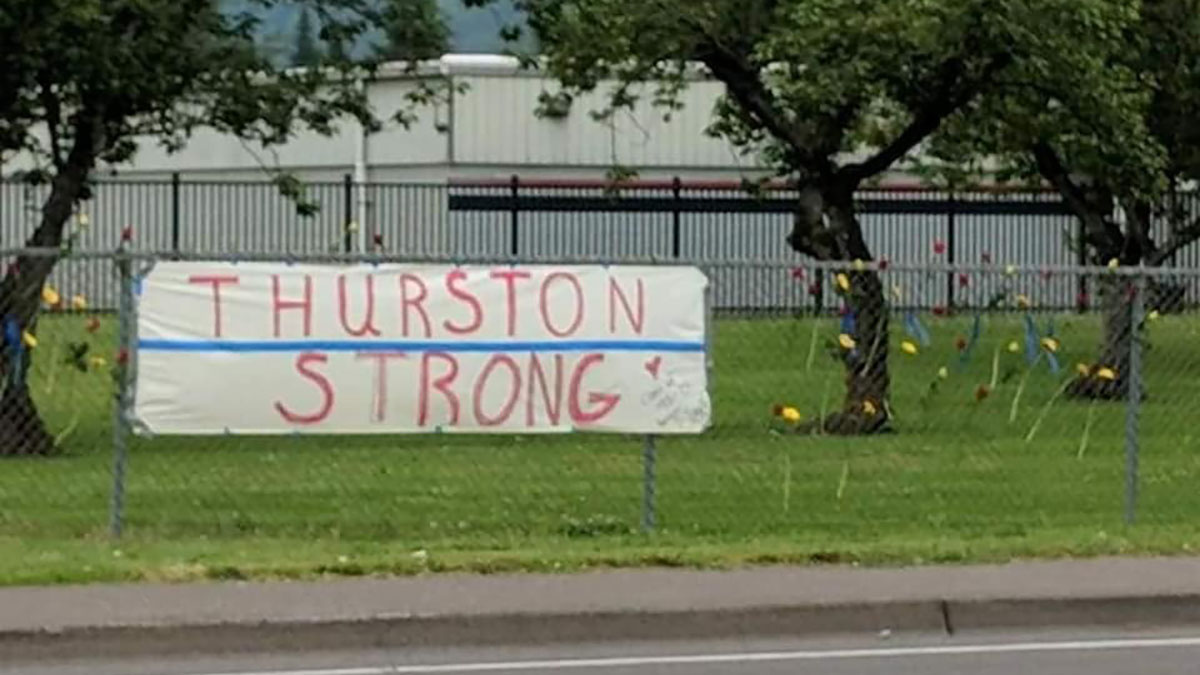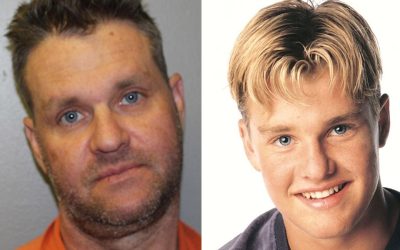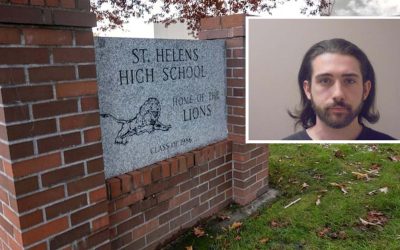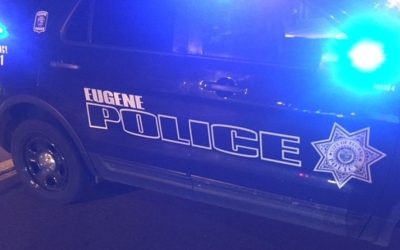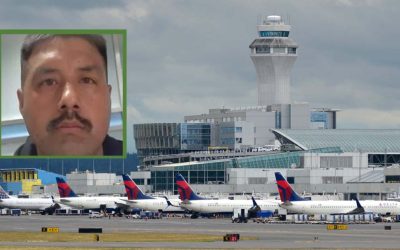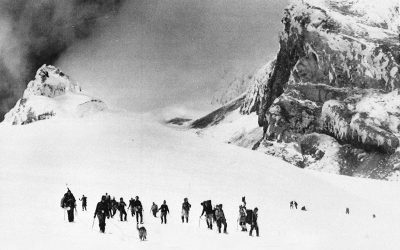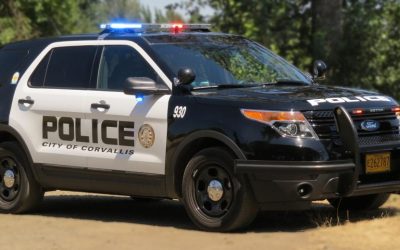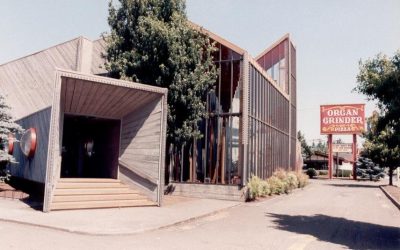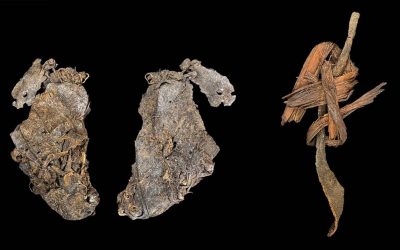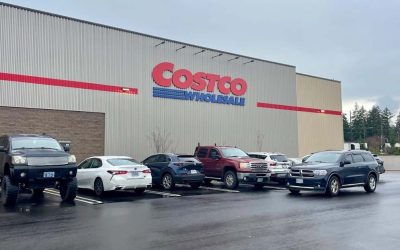Writing this has been one of the hardest things I’ve ever done, as my eyes start to tear, and I take another deep breath trying to push forward. For 27 years, I’ve carried the weight of that day quietly — but today, for the first time, I’m sharing my personal story. May 21, 1998 was the day our community was shattered. That morning, Kip Kinkel walked into Thurston High School in Springfield, Oregon, armed with deadly intent. The night before, he had murdered both of his parents in their home.
The next morning, he brought that violence to our school. Kinkel opened fire in the cafeteria, killing Mikael Nickolauson and Ben Walker, and injuring 25 others. The first person shot was Ryan Attterbury, who survived a flesh wound. I knew Ryan. I knew many of those kids — we had grown up together since kindergarten. Now, all these years later, I’m living back in Springfield… and I send my own two teenagers off to that same school. And I’ll be honest — it’s hard. I’m extra protective. I worry in ways I didn’t know I could. Because I’ve seen firsthand how quickly everything can change. The memories don’t fade — especially when the past and present intersect in such a deeply personal way.
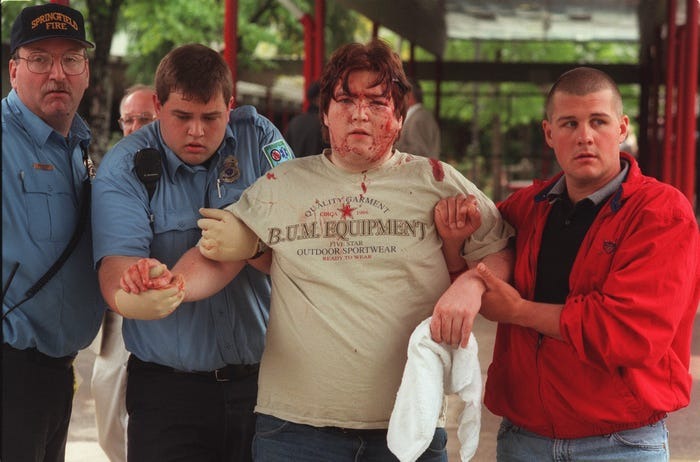
I knew a lot of those kids. We had grown up together since kindergarten. Thurston may not have been where I finished high school — I had left only a few months before to attend a high school diploma program at Lane Community College — but it was where I grew up.

Like many kids, I struggled in the public school system. I was regularly in trouble and didn’t always feel like I fit in. But those were still my people, my friends, my memories. Thurston was my home.
For those who don’t know me personally — I’m the founder of That Oregon Life. But long before this blog ever existed, I was just a 15-year-old kid in Springfield, trying to make sense of a world that suddenly didn’t make sense at all. This story isn’t something I researched — it’s something I lived.
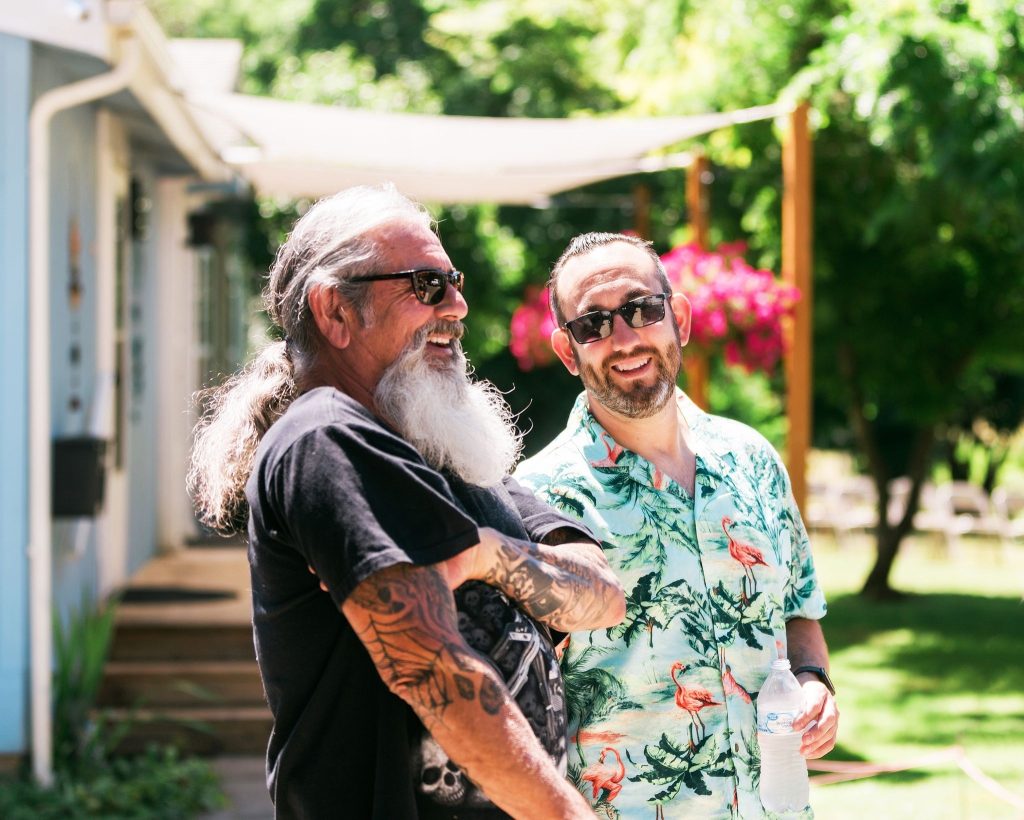
That morning, something felt strange. So many kids were late. So many of us weren’t where we normally would have been. To this day, many of us still believe it was an act of God — something divine that spared countless others from being in that cafeteria.
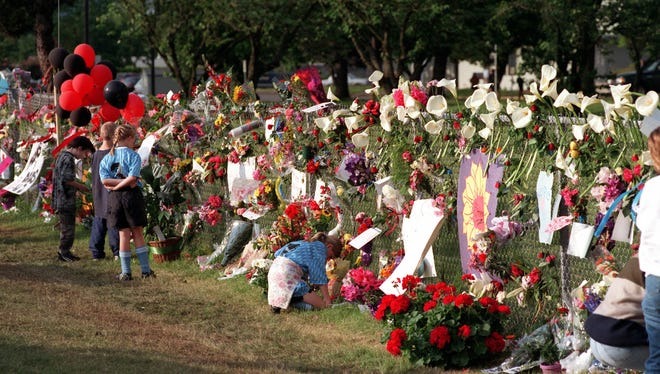
When I heard the news, I rushed to the school. I came in through the back entrance, and the first thing I saw was a police officer standing at the yellow tape. His face was pale. Shell-shocked. That moment — the stillness, the sirens, the heaviness in the air — is forever burned into my memory.
As I stood there, stunned and trying to make sense of the chaos, the girl I had briefly dated a while before ran toward me. She jumped into my arms. I held her in the air, weightless and stunned. No words. Just an unspoken panic, disbelief, and heartbreak hanging between us.
Mikael Nickolauson had been a teacher’s aide in my health class. He was kind. Thoughtful. The sort of person whose presence stuck with you for all the right reasons. I couldn’t believe he was gone.
And we can’t talk about that day without talking about Jake Ryker. Jake was just 17 years old when he stood up — even after being shot in the chest — and tackled Kip Kinkel. His brother Josh and several others joined in, but Jake was the first to act. There’s no doubt in my mind that if Jake hadn’t done what he did, many more lives would have been lost. He was a hero in the truest sense of the word, and his actions saved lives.
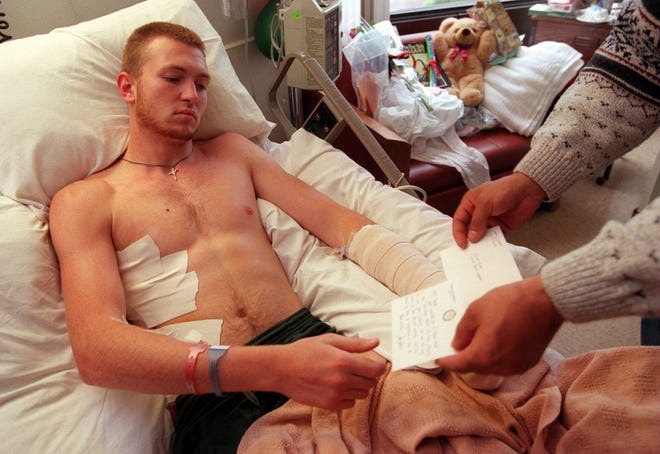
I still think about all the names that don’t get mentioned enough. People like Betina Lynn, who was shot and survived. Tony Case, who was also hit and lived to tell about it. So many kids I went to school with — faces I knew well — who were in that cafeteria when it happened. Some of them, I’m still connected to today. I wasn’t in that room when the shots rang out, but I was close enough to feel the shockwave ripple through my entire life. I truly can’t imagine what it’s like to carry the weight of those sights and sounds all these years. And yet, they’ve carried on. Quiet strength that deserves to be honored.
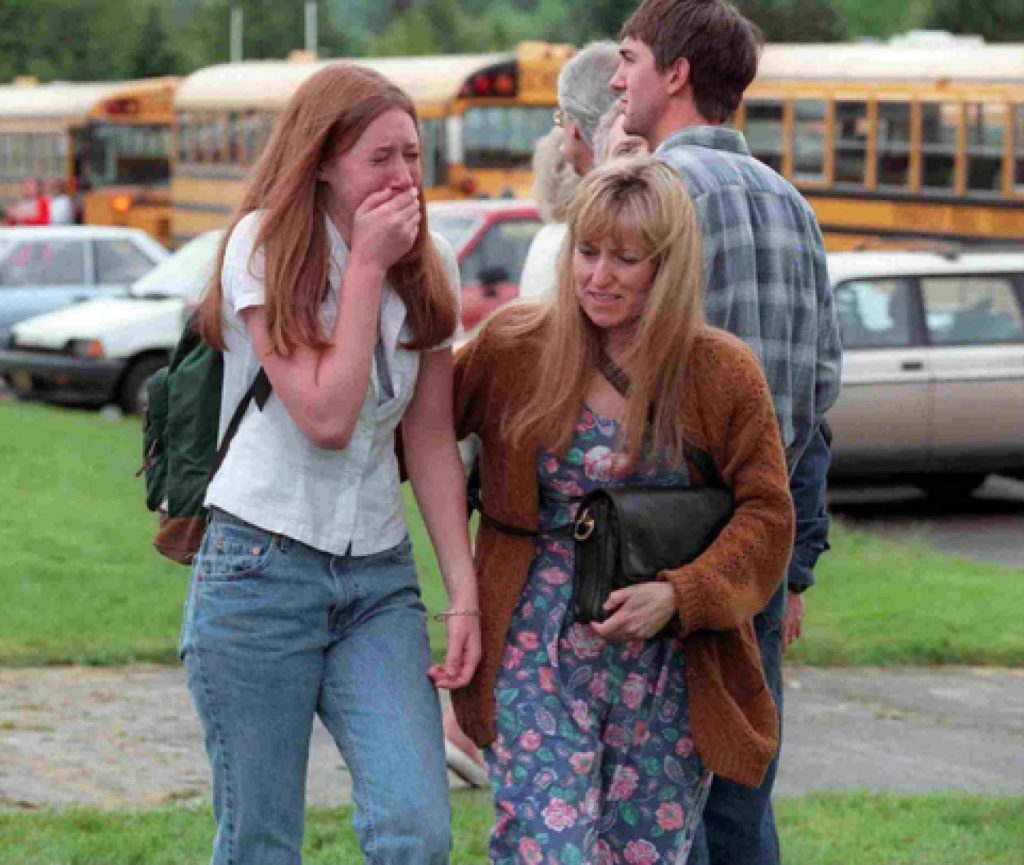
Jolene Leu was also there. She wasn’t physically injured, but the emotional scars were deep. Survivor’s guilt haunted her. Eventually, she found healing through photography — capturing love, laughter, and moments of joy. She observes the anniversary quietly each year, over coffee with another survivor, and tries to bring light into the world through her lens.
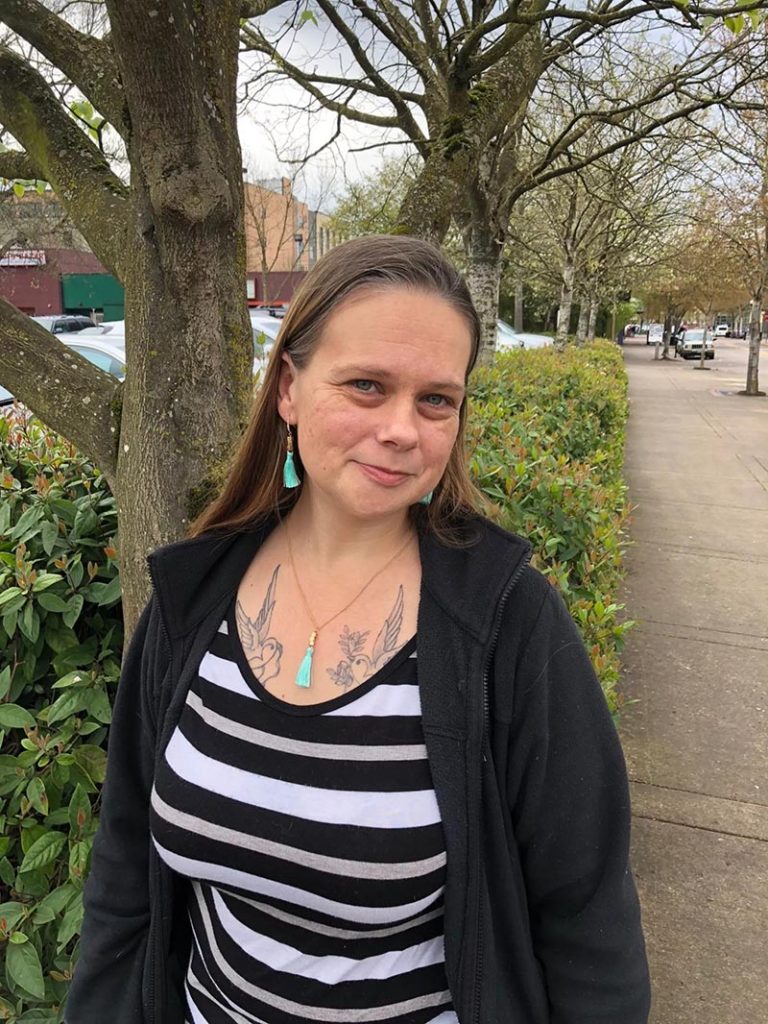
As for Kinkel, his story is as tragic as it is terrifying. In the years following the shooting, it was revealed that he suffered from intense hallucinations and delusions — symptoms of paranoid schizophrenia. He later said that one of his earliest memories of hearing voices was at age 12, when a male voice told him: “You need to kill everyone, everyone in the world.” The delusions worsened over time.
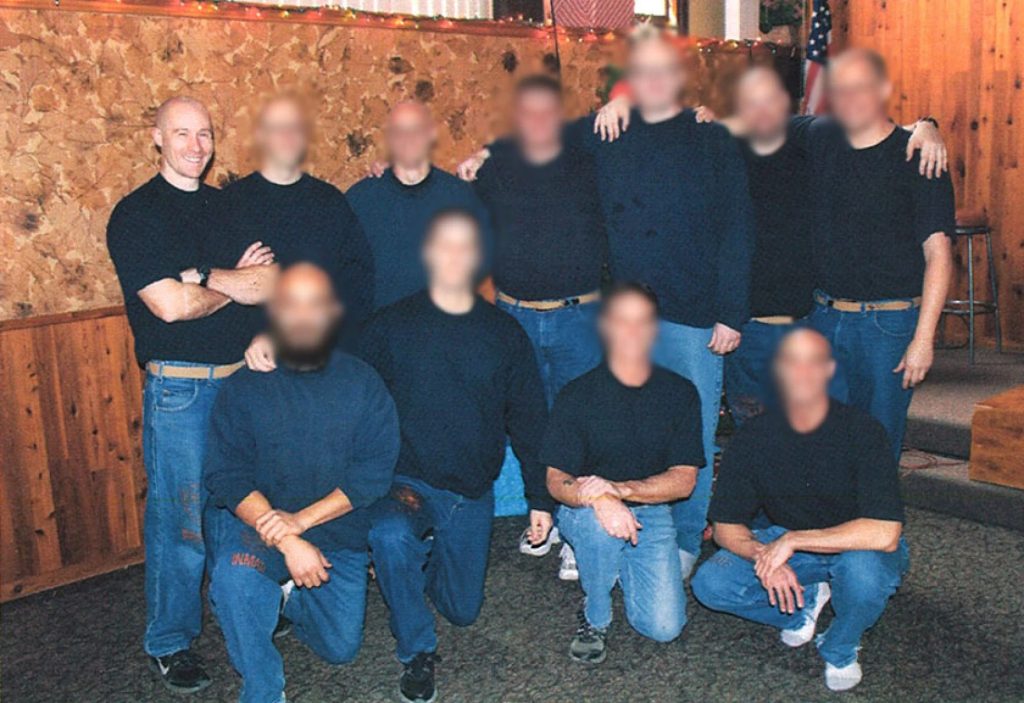
At one point, he believed the Disney corporation and the U.S. government had implanted a chip in his brain. Kinkel became obsessed with acquiring weapons, including guns, knives, and explosives. His parents, despite noticing something was wrong, did not initially seek mental health treatment. When they discovered bomb-making materials in his room, he was finally taken to a child psychologist — but he worked hard to hide his symptoms and was only diagnosed with depression.
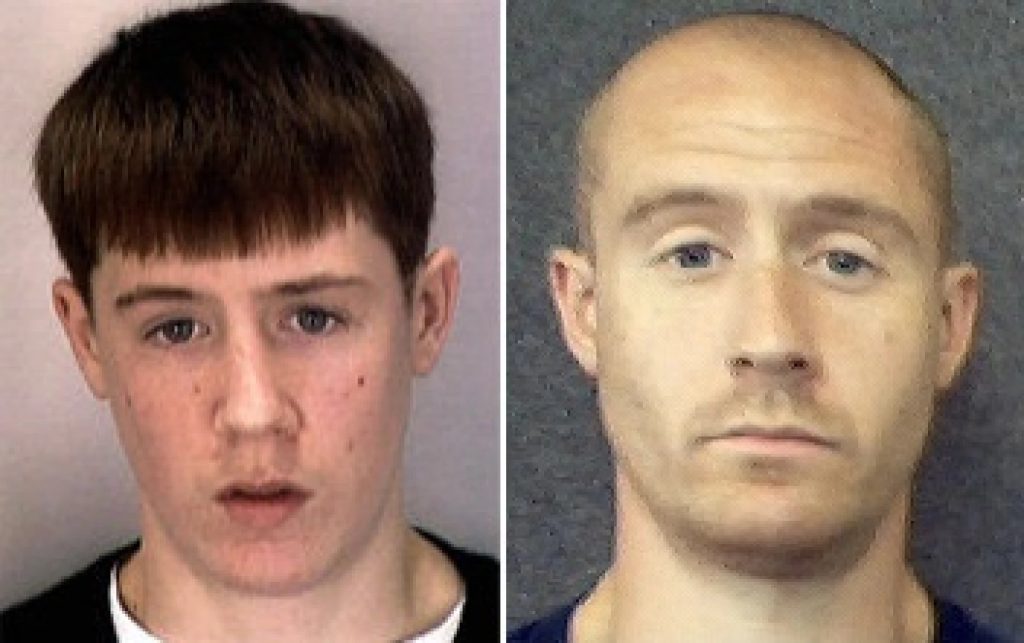
Kinkel was ultimately charged with four counts of aggravated murder and 26 counts of attempted murder. In September 1998, he pleaded guilty and was sentenced to 112 years in prison without the possibility of parole.
In 2021, after more than two decades of silence, Kip Kinkel spoke publicly for the first time in an interview with HuffPost. Over 20 hours of conversations, he opened up about his mental illness, guilt, and how his case has become central to juvenile justice reform debates in Oregon.
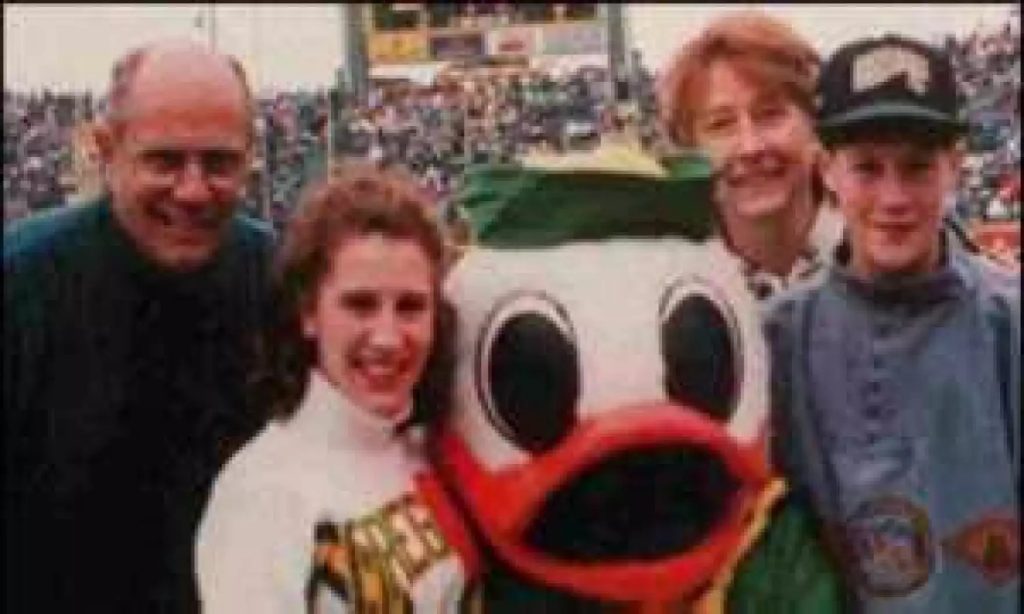
He expressed deep remorse, saying, “I have responsibility for the harm that I caused when I was 15. But I also have responsibility for the harm that I am causing now as I’m 38 because of what I did at 15.” The article also explored Oregon’s SB 1008, which originally aimed to give juvenile offenders a chance at parole — but was amended in response to public backlash, ensuring Kinkel would remain incarcerated for life.
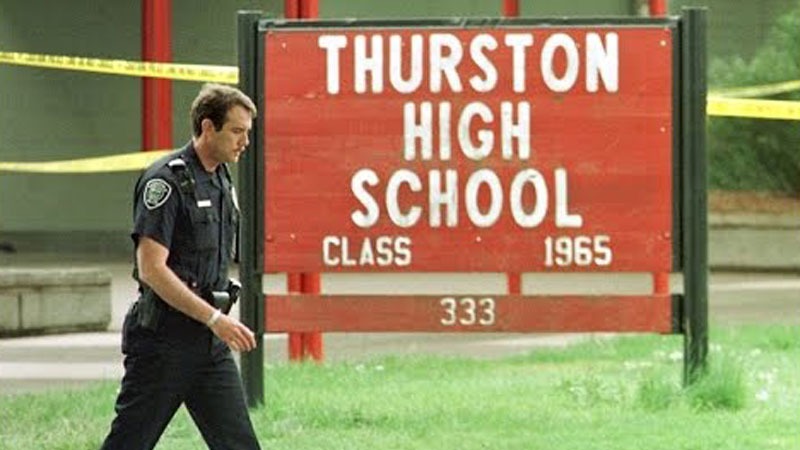
In the years since, I never could have imagined how many more school shootings would follow. How many headlines. How many names. How many broken families. I’ve lost count — and that fact alone should shake every one of us to our core.
To those who lived through that day — to the injured, to the families, to those who witnessed the horror firsthand — I see you. I still carry it with me too. We all do.
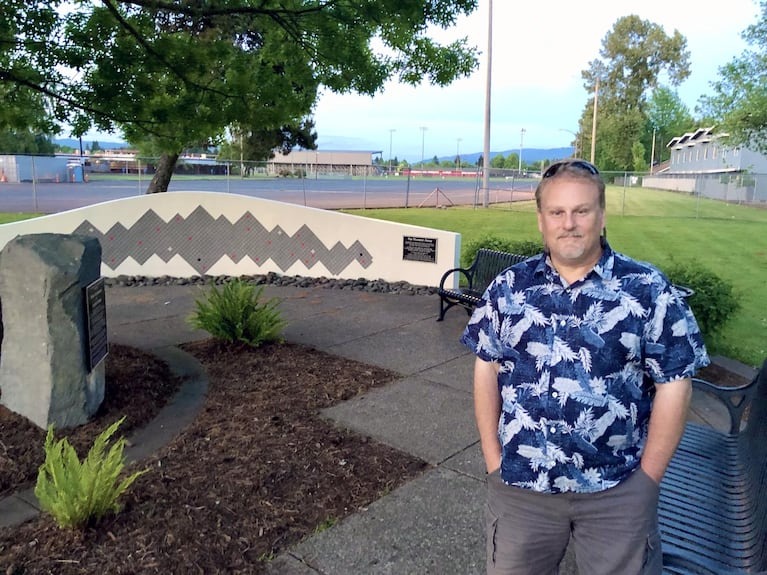
Photo: Brian Bull / KLCC
Springfield is resilient. But scars don’t mean we’ve healed. They mean we survived.
So today, 27 years later, I’m not thinking about news clips or courtrooms. I’m thinking about my friends. I’m thinking about that yellow tape. I’m thinking about being 15 years old and seeing my world change in a single morning. I’m thinking about how that grief still lives in all of us.
Thurston will always be a part of me. And to everyone who was there — you're not alone. We remember. We grieve. And we will never forget.
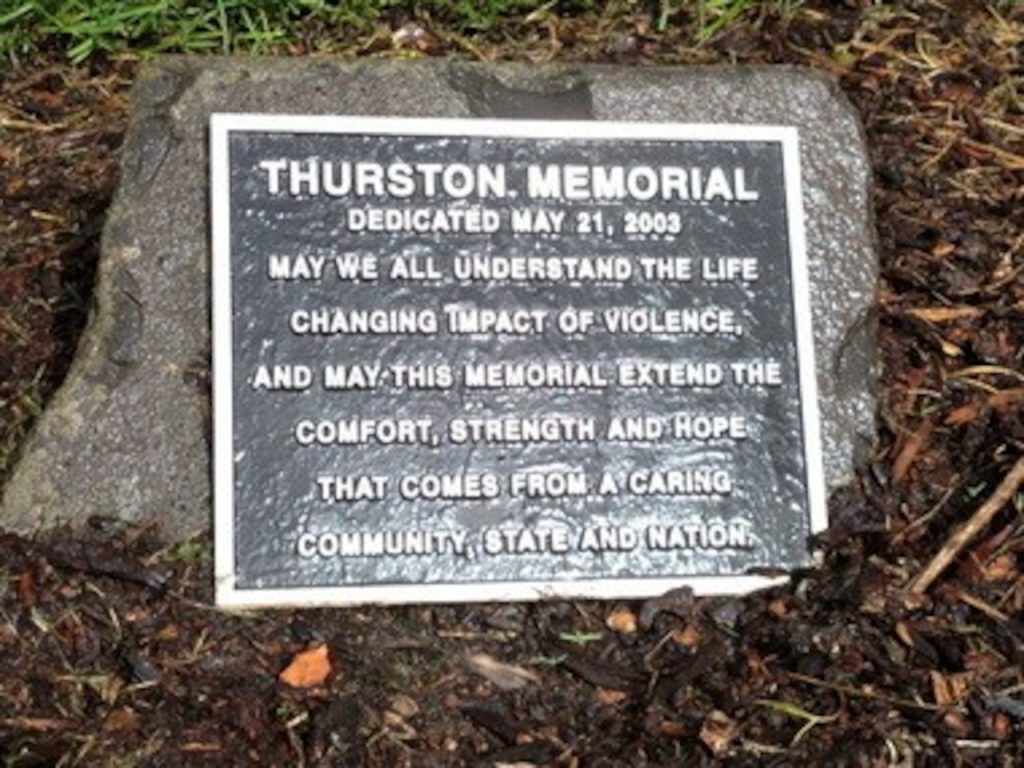
💚 If you or someone you know is struggling:
- 988 Suicide & Crisis Lifeline – Call or text 988 (24/7 free and confidential support)
- Lines for Life (Oregon-based) – 1-800-273-8255 or text "273TALK" to 839863
- YouthLine (teens helping teens) – Text “teen2teen” to 839863 or call 877-968-8491
- NAMI Oregon – Free mental health education, support groups, and resources: www.namioregon.org
📰 Sources:
- Jessica Schulberg, HuffPost, “Kip Kinkel Is Ready to Speak”, June 2021
- KLCC News coverage of Kinkel’s legal status and sentencing
- OregonLive archives on the Thurston High School shooting
- Carnegie Hero Fund, honoring Jake Ryker’s actions

